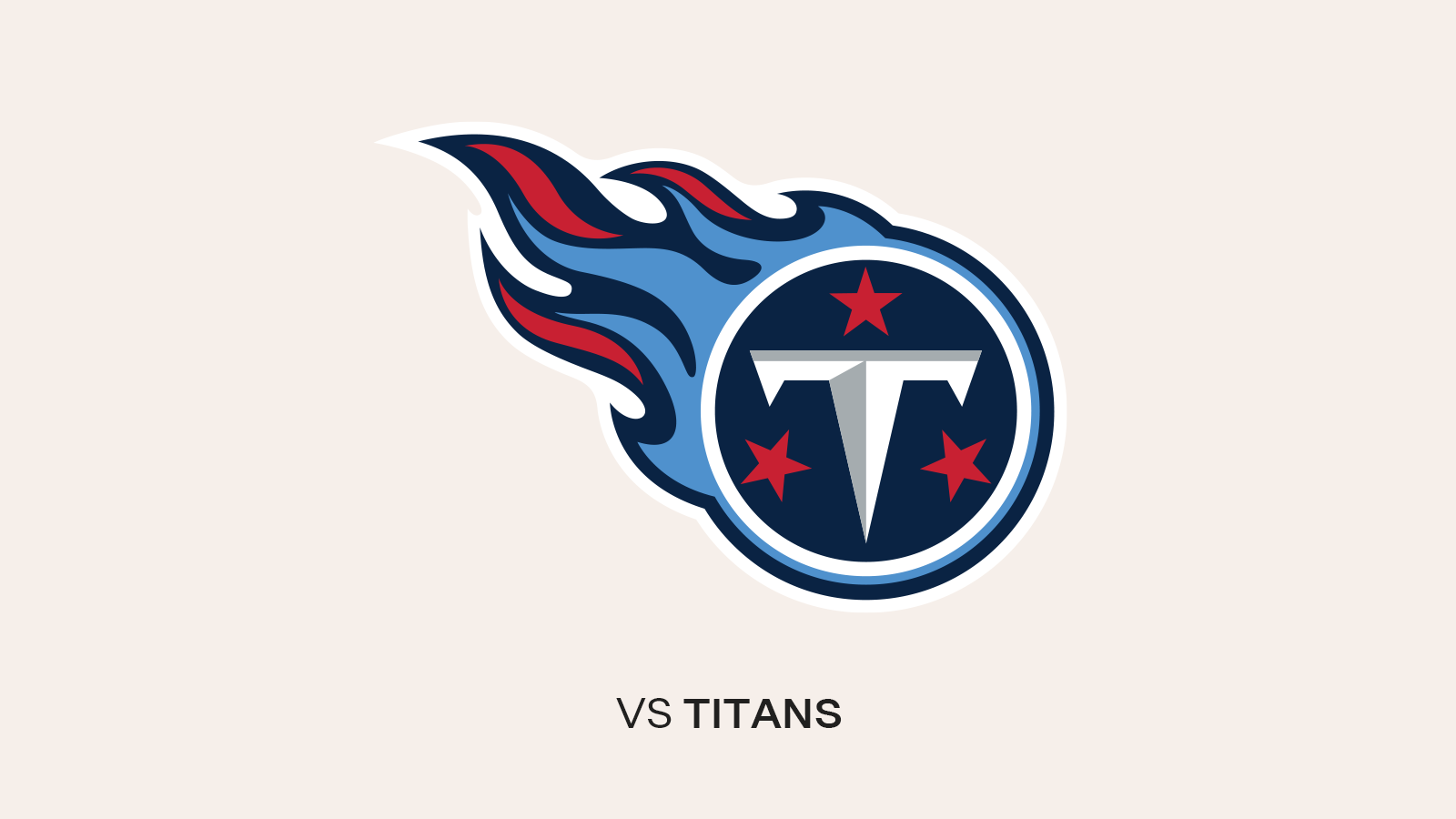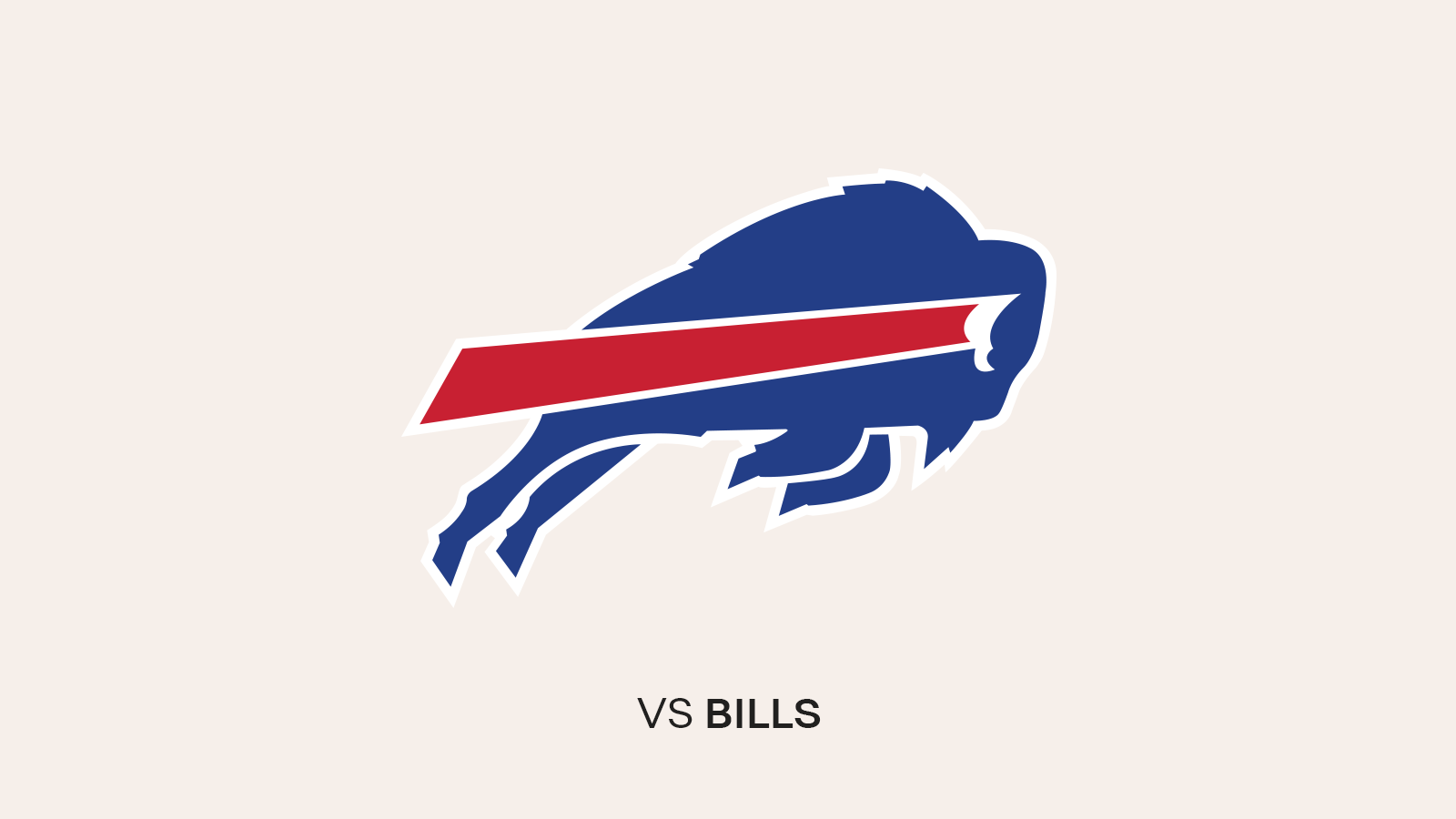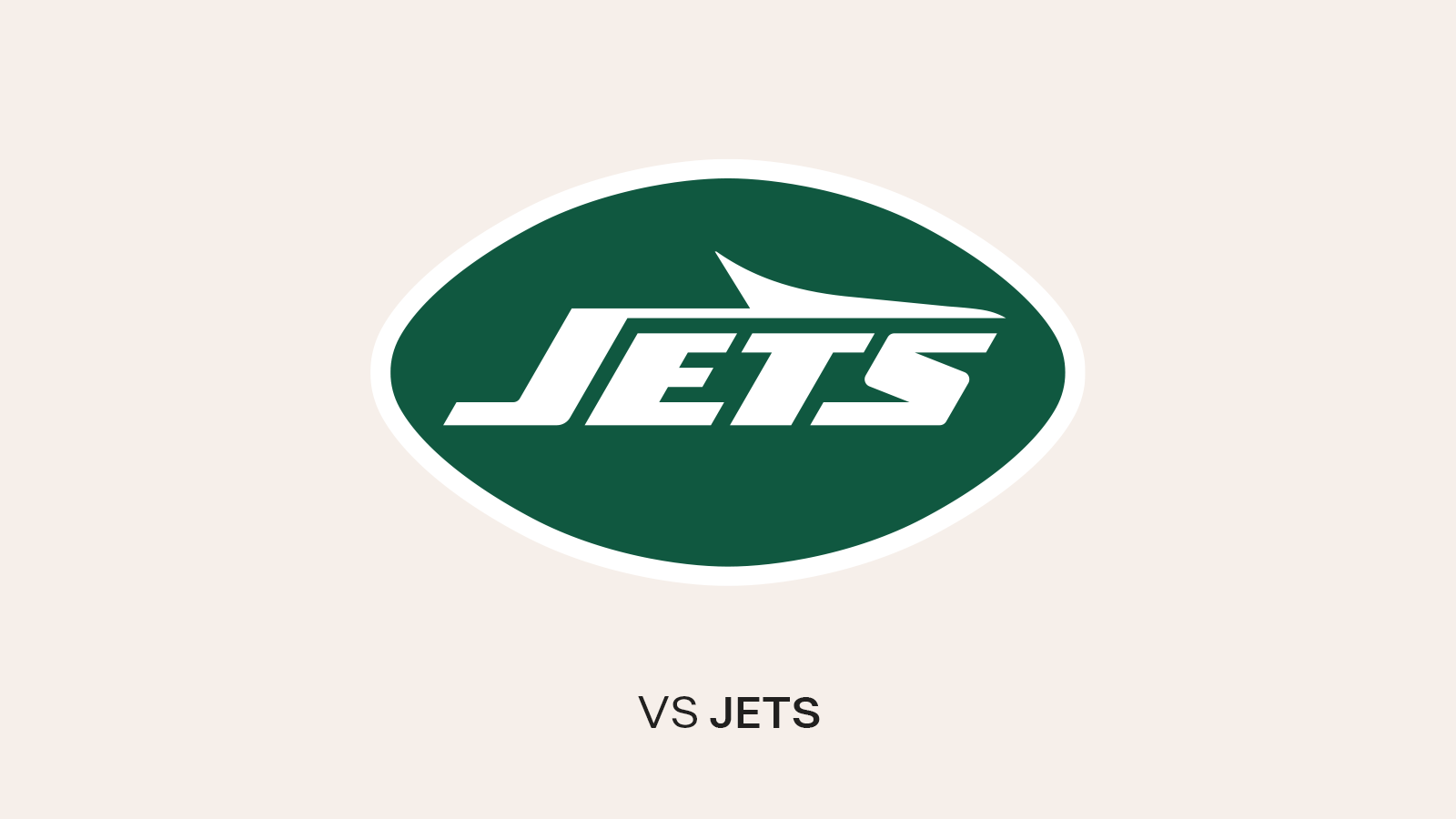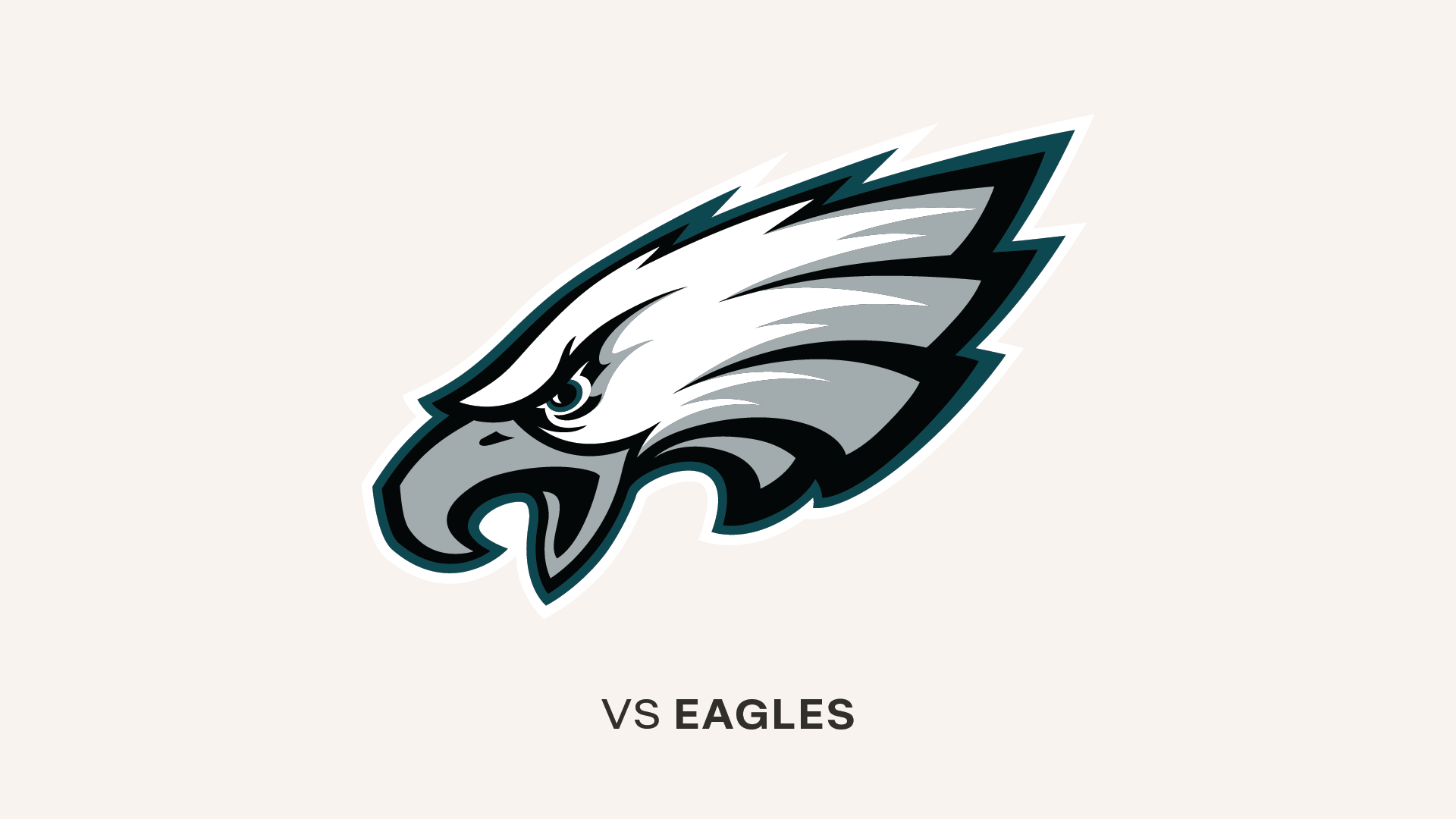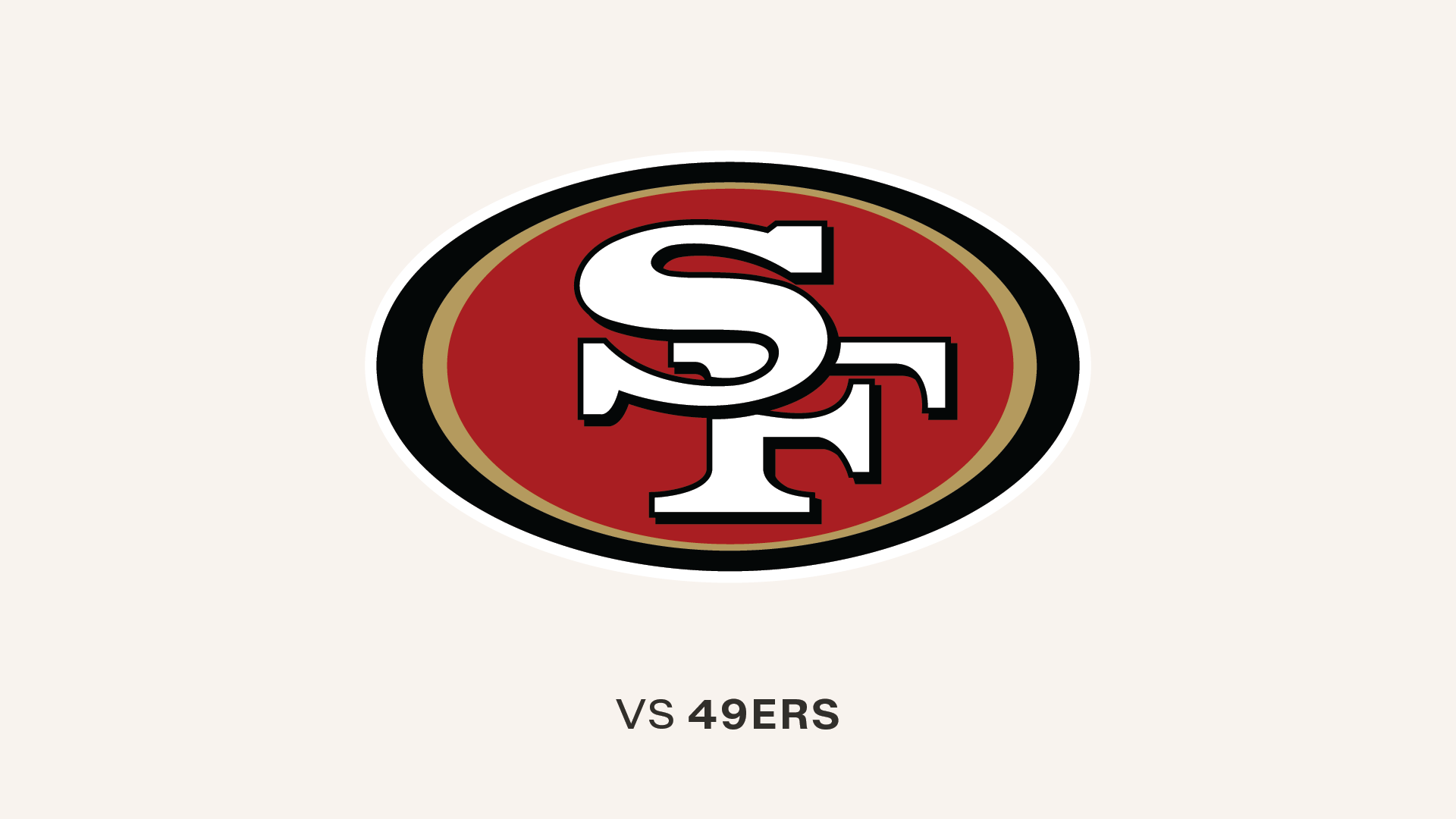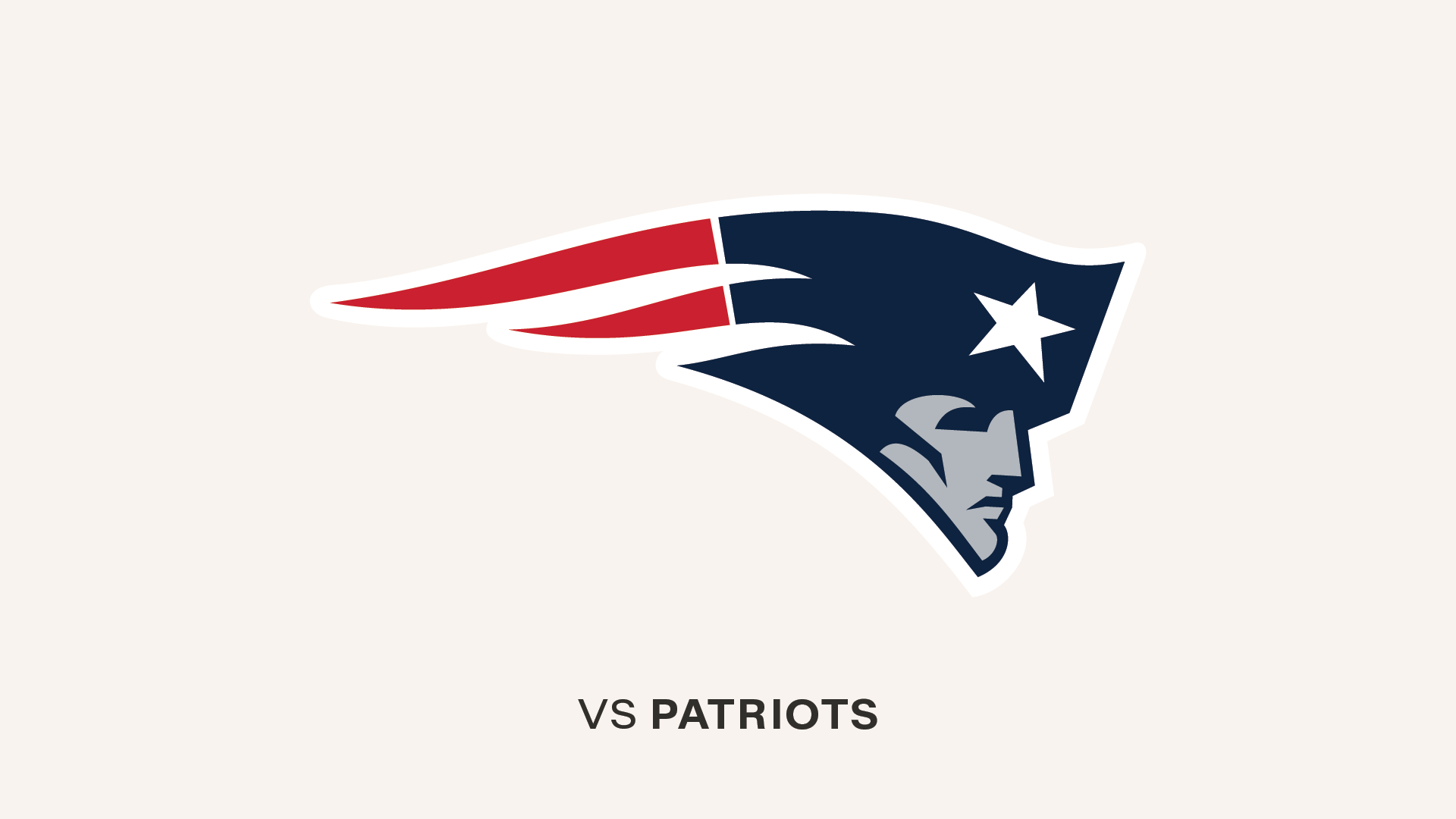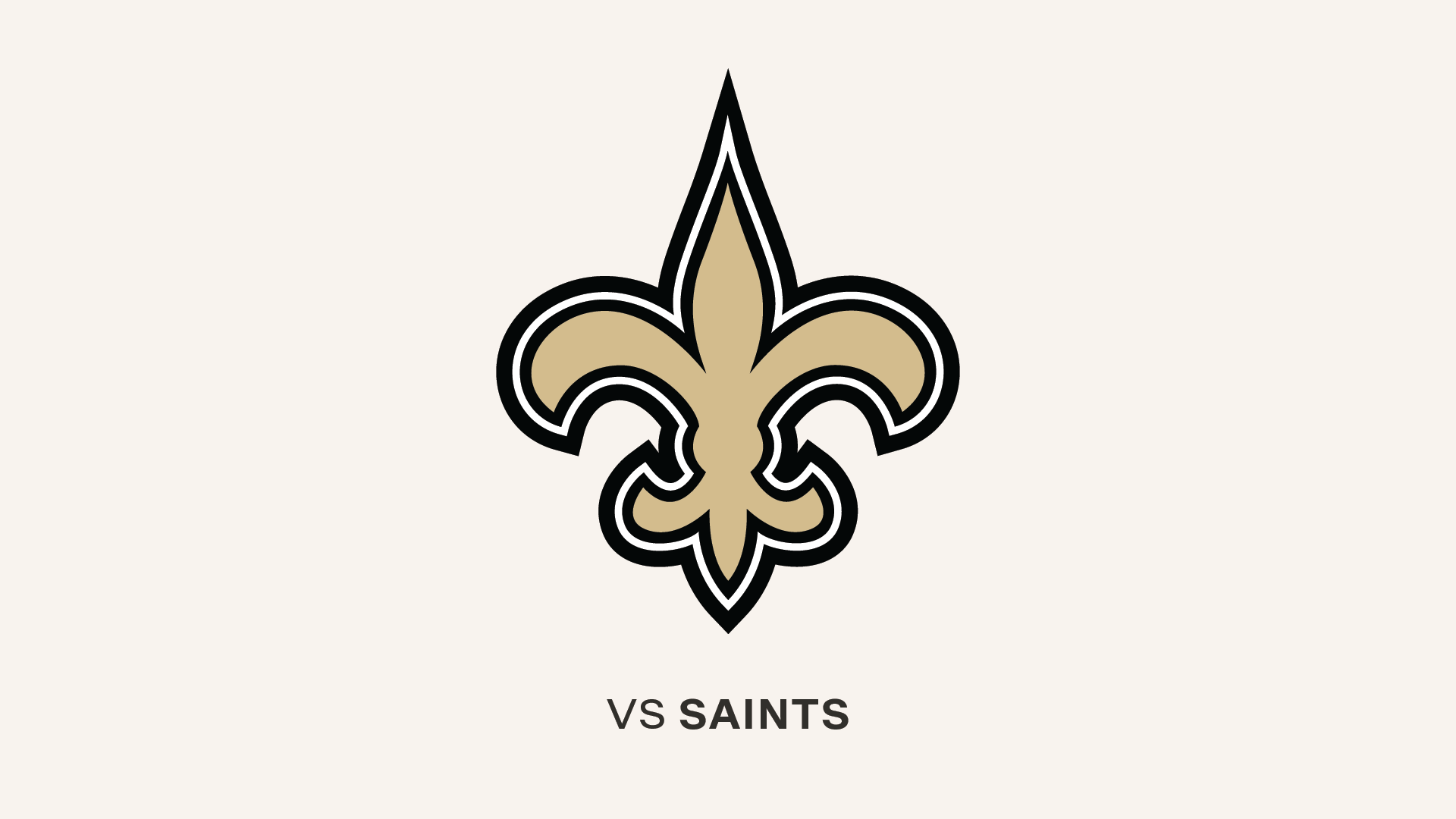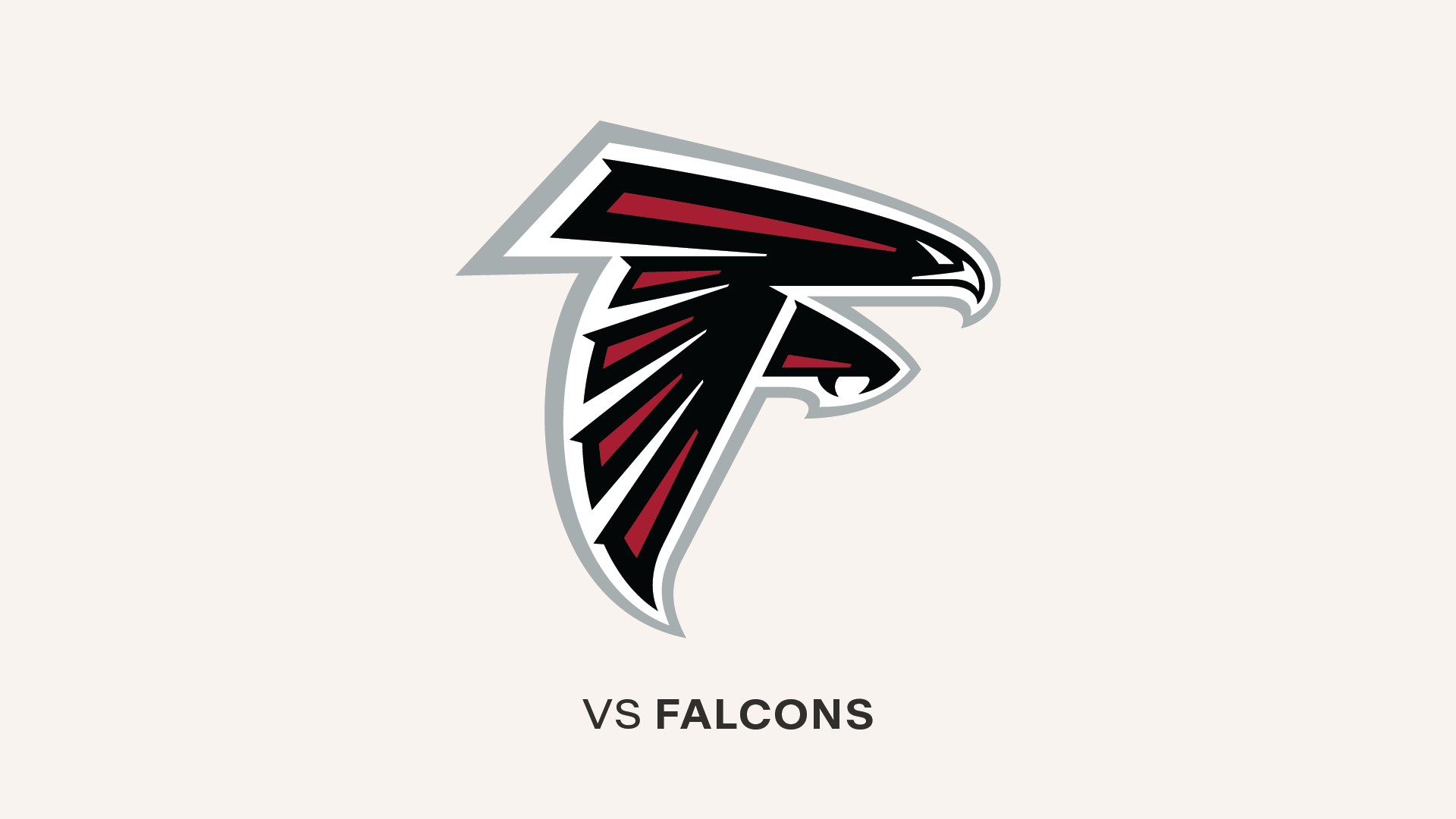- QB Josh McCown's 12.52 yards per pass attempt on Sunday were the best by any NFL QB this season
- The statistical oddity of Sunday's game was that McCown posted that figure with little help from the running game
- The last 20 Offensive Rookies of the Year have a mostly encouraging track record in the league
Statistics can help illuminate the game of football…or they can take us down a misleading path. As Tampa Bay Buccaneers Head Coach Lovie Smith said: "I believe in stats, but it's [which] stats."
Smith, for instance, doesn't pay much attention to the NFL's defensive rankings, since they are based on yards, which he considers a meaningless measure. When he shares defensive stats with his team, he focuses on points allowed, takeaways, scoring on defense and red zone proficiency.
Here on Buccaneers.com, we unabashedly love stats, but we also understand the need to wield them wisely. Sometimes, we can get a better feel for why the team is performing as it is by going a little deeper into the numbers. And sometimes we can simply point out something we consider interesting, and hope you will find it interesting as well.
That's our goal with Football Geekery. Each week, we're going to give you a sampling of statistical and or historical analysis, hopefully in a way that is relevant to the Buccaneers' current state of affairs. This week we have two topics to consider: Was Josh McCown's performance in Washington on Sunday even more impressive given the lack of a run game, and how have previous Offensive Rookies of the Year fared for the remainder of their careers? Let's get started.
**
1. Airing It Out
After the Buccaneers' 27-7 win at Washington on Sunday, much of the attention lavished on the team was directed specifically at wide receiver Mike Evans, who caught seven passes for 209 yards and two touchdowns. That's understandable, of course, as it appears as if we are witnessing the early stages of the emergence of an NFL star. In addition, his gaudy numbers from the game, which included four catches longer than 25 yards, were easy to break down into a long list of rather eye-catching notes. (And if you prefer your Evans notes in graphic form, check out this week's Data Crunch.)
But, of course, as masterful as Evans was at beating Washington defenders, somebody had to get the ball into his hands when he broke free. Quarterback Josh McCown did that beautifully, particularly on a pair of feathery 50+-yard touchdown passes in the second half. In the end, McCown had a gaudy average of 12.52 yards per pass attempt. As we noted in that same Stat Shots article linked above, that happens to be the fourth-best single-game mark in that category in franchise history.

QB Josh McCown completed four passes of 25 or more yards to rookie WR Mike Evans against Washington on Sunday
Moreover, even in this most prolific of league-wide passing seasons, in which between 12 and 15 quarterbacks are decent bets to crack the 4,000-yard mark, McCown's 12.52 y/a is the best by any player in a single game this season. Here are the top five; the names joining McCown will probably not surprise you.
|
Quarterback |
Team |
Opp. |
Date |
Y/A |
|
Josh McCown |
TB |
WAS |
11/16/14 |
12.52 |
|
Peyton Manning |
DEN |
SF |
10/19/14 |
12.23 |
|
Tony Romo |
DAL |
NYG |
10/19/14 |
12.13 |
|
Matt Ryan |
ATL |
TB |
9/18/14 |
11.92 |
|
Aaron Rodgers |
GB |
CHI |
11/9/14 |
11.67 |
The last quarterback with a single-game yards-per-attempt better than the one McCown put up at FedExField was Kansas City's Alex Smith, with a whopping 14.35 against Oakland last December 15. If we expand the search back a decade, through the 2005 season, we find a number of others that top McCown's figure. Overall, there have been 53 individual passing performances with a yards-per-attempt mark of 12.00 or better in the last decade, and McCown comes in 33rd on that list. There's even another Buccaneer above him; Josh Freeman put up a 12.62-yard mark against Kansas City on October 14, 2012.
Some names are seen on the list repeatedly. Dallas' Tony Romo and New England's Tom Brady have both done it five times in the last decade, while Pittsburgh's Ben Roethlisberger, New Orleans' Drew Brees and San Diego's Philip Rivers hit the list four times each. It's three for Peyton Manning; again, just in the last decade. One also finds the occasional Troy Smith, Damon Huard and Jon Kitna on the list. You might guess that Manning would be the only one to do it with two different teams (Indy and Denver) but in fact Carson Palmer accomplished the same thing with Cincinnati and Oakland.
It likely will not surprise you to learn that quarterbacks who top 12 yards per attempt in a game are usually on the winning sideline. You might be a bit surprised at how lopsided the number is. In the 53 games over the last decade in which an individual QB threw for 12 or more yards per attempt, his teams were a combined 49-4. Interestingly, the four losses were suffered by the impressive quartet of Kurt Warner, Peyton Manning, Tom Brady and Tony Romo.
There is one aspect about McCown's big yards-per-attempt game that sets his performance apart from all the others one the list. To put it bluntly, he didn't have much of a rushing game to keep the Washington defense honest. The Bucs did try to run the ball, handing off 21 times while throwing 23 passes, but those efforts only gained 48 yards.
Of all the games on the aforementioned list of 53, that is the lowest total of rushing yards that accompanied the QB's big game. Here are the five lowest totals on the list; note that two of the four losses in these 53 games are included in the bottom four games on this chart.
|
Quarterback |
Team |
Opp. |
Date |
Y/A |
Rush |
W/L? |
|
Josh McCown |
TB |
WAS |
11/16/14 |
12.52 |
48 |
W |
|
Tony Romo |
DAL |
DEN |
10/6/13 |
14.06 |
52 |
L |
|
Peyton Manning |
IND |
MIA |
9/21/09 |
13.17 |
61 |
W |
|
Kurt Warner |
AZ |
BAL |
9/23/07 |
12.90 |
61 |
L |
|
Tony Romo |
DAL |
NYG |
10/19/14 |
12.13 |
67 |
W |
Whichever way the cause and effect runs – big passing plays soften the defense for the run or a good running game opens up deep play-action opportunities – these 53 games of high yards-per-attempt numbers are generally associated with good ground games. In 37 of those games, the quarterback's team ran for 100 or more yards. The average rushing yardage per game for these 53 contests is a whopping 130.1. All of which suggests it was quite unusual for the Buccaneers to be able to consistently hit so many big plays in the passing game without getting much going on the ground.
2. A Sign of Big Things to Come?
Speaking of Mike Evans, his impressive performance in November has thrust him right into the thick of the Associated Press NFL Offensive Rookie of the Year chase. He's trying to become the third Buccaneer to take that honor, after RB Warrick Dunn in 1997 and RB Cadillac Williams in 2005; no Buc has ever won the defensive version of that honor.
Buc fans know that Warrick Dunn's Pro Bowl season in 1997 was the beginning of a long and very successful career split between Tampa Bay and Atlanta. They also know that Williams had some outstanding moments in the seasons that followed his great rookie campaign, but that a series of serious injuries kept him from replicating or improving upon that first year.
Which is more typical? Major League Baseball fans know that the Rookie of the Year award can often look like an aberration on a player's eventual resume. Some of those names trip off the tongue easily. Jerome Walton. Ben Grieve. Pat Listach. Chris Coghlan. Of course, many of MLB's greats also started out as Rookies of the Year, from Willie Mays to Johnny Bench to Andre Dawson to Albert Pujols. The award is now named, in fact, for Jackie Robinson, the first player to win it as he broke the league's color barrier in 1947.
Since 1949, baseball has given a Rookie of the Year award to one player in each league. Similarly, there are two rookie awards in the NFL; as mentioned, one is given to an offensive player and one to a defensive player. AP has been handing out the former award since 1957 and the latter since 1967. Some of the names that jump off the page on the offensive list include Gale Sayers, Tony Dorsett, Barry Sanders and Emmitt Smith. Then there's Troy Stradford, Anthony Thomas and Vince Young. Of course, one would expect some of these players to fail to live up to their rookie promise if only because, as in Cadillac's case, injuries sometimes get in the way.
With the hope that Mike Evans both wins this year's Offensive Rookie of the Year award and goes on to even greater things, let's look at the last 20 winners of that honor and see if they peaked in their first years or not. Each player will be listed with his rookie numbers in yards (passing, rushing or receiving, as most applicable) and touchdowns (ditto) and then his best single season totals in the same categories during the remainder of his career.
|
Player, Year |
Team |
Rookie |
Best Post-Rookie |
|
RB Eddie Lacy, 2013 |
GB |
1,178-11 |
547-5* |
|
QB Robert Griffin III, 2012 |
WAS |
3,200-20 |
3,203-16 |
|
QB Cam Newton, 2011 |
CAR |
4,051-21 |
3,869-19 |
|
QB Sam Bradford, 2010 |
STL |
3,512-18 |
3,702-21 |
|
WR Percy Harvin, 2009 |
MIN |
790-6 |
967-6 |
|
QB Matt Ryan, 2008 |
ATL |
3,440-16 |
4,719-32 |
|
RB Adrian Peterson, 2007 |
MIN |
1,341-12 |
2,097-18 |
|
QB Vince Young, 2006 |
TEN |
2,199-12 |
2,546-10 |
|
RB Cadillac Williams, 2005 |
TB |
1,178-6 |
823-4 |
|
QB Ben Roethlisberger, 2004 |
PIT |
2,621-17 |
4,261-32 |
|
WR Anquan Boldin, 2003 |
AZ |
1,377-8 |
1,402-11 |
|
RB Clinton Portis, 2002 |
DEN |
1,508-15 |
1,591-14 |
|
RB Anthony Thomas, 2001 |
CHI |
1,183-7 |
1,024-6 |
|
RB Mike Anderson, 2000 |
DEN |
1,487-15 |
1,014-12 |
|
RB Edgerrin James, 1999 |
IND |
1,553-13 |
1,709-13 |
|
WR Randy Moss, 1998 |
MIN |
1,313-17 |
1,623-23 |
|
RB Warrick Dunn, 1997 |
TB |
978-4 |
1,416-9 |
|
RB Eddie George, 1996 |
HOU |
1,368-8 |
1,589-14 |
|
RB Curtis Martin, 1995 |
NE |
1,487-14 |
1,697-14 |
|
RB Marshall Faulk, 1994 |
IND |
1,282-11 |
1,382-11 |
* Eddie Lacy's totals through 10 games; he is on pace for 875 yards and eight touchdowns.
Overall, it's an encouraging group. Only a small handful failed to at least duplicate their rookie season success; a larger number got significantly better. This part becomes a bit subjective, but I would sort them into the following categories:
A. Too early to tell. This is primarily for Lacy and Griffin, the last two winners, who haven't had much of an opportunity to build on their rookie seasons yet. That could also prove to be true in the long run for Bradford and Harvin, since injuries have limited them for significant portions of their post-rookie seasons.
B. Victims of their own success. Sometimes a player's rookie numbers are so good that they are hard to improve upon significantly. In many of these cases, the player in question ended up with a fantastic career simply by duplicating his rookie output for a number of additional seasons. I would argue this is the case (to varying degrees) for Anquan Boldin, Marshall Faulk, Curtis Martin, Edgerrin James, Clinton Portis and maybe Cam Newton, though Newton might also belong in the group above. Given what Randy Moss did as a rookie, he probably should have ended up here, but his career proved so incredible that I actually would put him in the category below.
C. Significant improvements. Eddie George, Warrick Dunn, Ben Roethlisberger, Adrian Peterson, Matt Ryan and, yes, Randy Moss. All of them started out with fantastic numbers but somewhere along the line went to a significantly better level. Between the group above – which again is comprised of players who started out at a great level and maintained it – and this one, that represents 60% of the list, which is encouraging. You could make an argument for Harvin in this group, as well, and up that to 65%.
D. Failed to duplicate or improve significantly. Simply by the numbers you have to put Mike Anderson, Anthony Thomas, Cadillac Williams and Vince Young in this group. So far, Sam Bradford is on the edge of this one but still has time to change that. Anderson did have one more very good year 10 seasons later but otherwise never came close to putting up the same numbers. The same was true for Thomas, and we discussed Williams above. Vince Young had one more season in which he recorded slightly more passing yards, but overall his career went downward quickly.
The Buccaneers, of course, are confident that they have a player who will end up in that C group, unless he continues to pile on the numbers so high over the next six weeks that he'll have to settle for group B. Given that Anquan Boldin is the poster child for that bunch, that would seem like a perfectly acceptable outcome.























